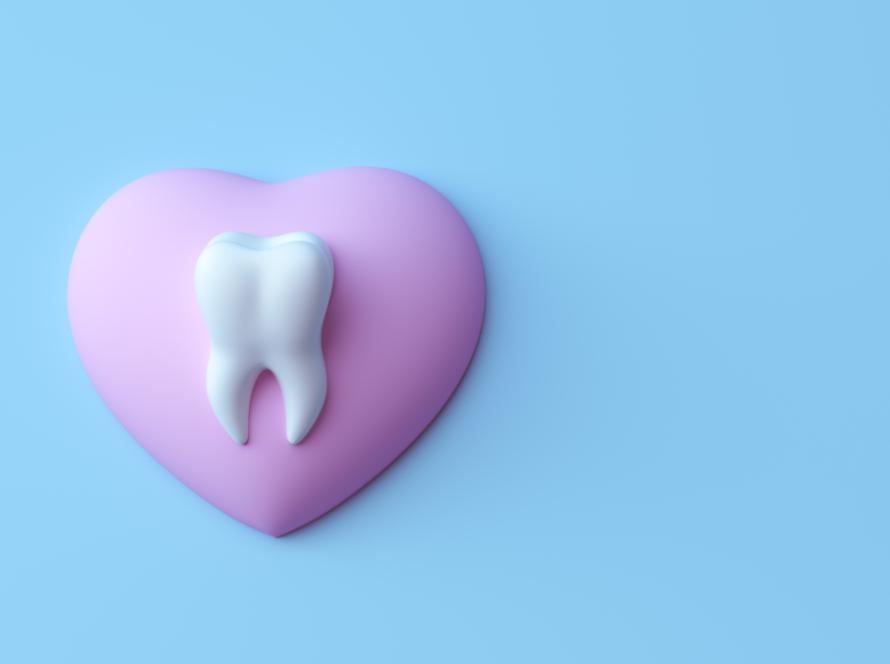Your kid’s teeth are chattering—but not from the cold. Night after night, you hear that faint grinding sound. It’s unsettling. Is it just a phase, or something more serious?
Bruxism is quite common in children. Estimates suggest up to 30% of kids grind their teeth at some point. While many outgrow it, others may need intervention to protect their developing teeth and maintain good kids oral health.
Let’s break down why kids grind their teeth, when it’s time to worry, and what parents can do to support healthy smiles and strong kids oral hygiene habits.
Why Do Kids Grind Their Teeth?
There’s no single cause behind bruxism. Instead, it’s often a mix of physical, psychological, and environmental triggers. Here are the most common:
1. Stress or Anxiety
Children, like adults, can respond to stress with physical habits—nail biting, hair twirling, and yes, teeth grinding.
Triggers might include:
- School pressure
- Family changes (e.g., divorce, moving)
- Sleep disruptions
- Social challenges
Tip: If stress is suspected, focus on emotional support first—more on this later.
2. Improper Bite or Misaligned Teeth
Sometimes it’s structural. If the upper and lower teeth are not aligned properly, it can cause unconscious grinding as the jaw tries to “correct” itself.
This often shows up in combination with orthodontic concerns. It might be subtle—something only a dentist can spot during a routine kids oral health checkup.
3. Pain Relief
Bruxism can be a child’s way of dealing with discomfort, especially during:
- Teething (in toddlers)
- Ear infections
- Headaches
Grinding becomes a coping mechanism—even if it causes more problems later.
4. Sleep Disorders or Disturbed Sleep
Kids with sleep apnea, night terrors, or poor sleep hygiene may be more likely to grind their teeth. Lack of quality sleep stresses the nervous system, which can trigger bruxism.
5. Neurological Conditions and Medications
In rare cases, teeth grinding is linked to conditions like cerebral palsy or ADHD, and certain medications (especially those affecting the nervous system). This is more common in older children and teens.
When Should You Consult a Dentist?
Some teeth grinding in kids is harmless and fades with age. But how do you know it’s time to act? Look for these red flags:
- Visible wear on teeth or flattening of the biting surface
- Complaints of jaw pain, headaches, or earaches
- Sensitive teeth (from enamel loss)
- Disrupted sleep or excessive fatigue
- You can hear the grinding regularly at night
If any of these show up, it’s time to book a kids oral health visit. Don’t wait for the next check-up—early intervention matters.
What Can Be Done: Treatment & Prevention
1. Night Guards or Mouth Guards
Custom dental guards (similar to sports mouthpieces) are often the first step. Worn at night, these devices protect enamel and reduce stress on the jaw.
Make sure it’s:
- Custom-fitted by a dentist (not a one-size-fits-all drugstore version)
- Regularly checked for fit and effectiveness
Night guards don’t fix the cause—but they buy time and preserve healthy smiles while you work on the root issue.
2. Address the Stress
If emotional or psychological stress is the likely trigger, skip the guesswork:
- Talk to your child about their day—without judgment.
- Keep a calming bedtime routine (no screens, low lights, reading time).
- Consider speaking with a pediatric therapist if stress or anxiety is ongoing.
Helping your child feel secure and emotionally supported is just as important as any dental tool.
3. Correct Dental or Bite Issues
If an improper bite is the root cause, your dentist may recommend orthodontic work. Early evaluation (sometimes as young as 7) can prevent bigger problems down the road.
Correcting alignment not only improves kids oral hygiene, but also eliminates the mechanical drive to grind.
4. Improve Sleep Hygiene
Solid sleep routines can make a big difference:
- Set a consistent bedtime
- Create a screen-free wind-down routine
- Avoid sugary snacks or caffeine (yes, even chocolate) after dinner
If sleep disturbances persist, talk to your pediatrician. A sleep study may be necessary.
5. Routine Monitoring
Even if treatment isn’t immediately needed, regular monitoring is key. Keep those kids oral health appointments every six months. A dentist can track wear patterns, adjust mouth guards, and stay ahead of emerging problems.
Don’t Just “Wait It Out”
Too often, parents are told to “wait it out.” That might work for some kids—but not all.
The real issue isn’t the noise—it’s what bruxism might signal. Stress. Pain. Misalignment. Poor sleep. All of these affect kids oral hygiene and whole-body health.
Taking action early gives your child the best shot at a healthy mouth and a good night’s sleep.
Healthy Smiles Start with Awareness
Teeth grinding in kids can seem minor—but it’s worth paying attention to.
Whether the solution is a night guard, stress relief, or better sleep routines, the goal is the same:
Protect those growing teeth and build habits that last.
Because when it comes to kids oral health, the earlier you act, the better their future smile.


